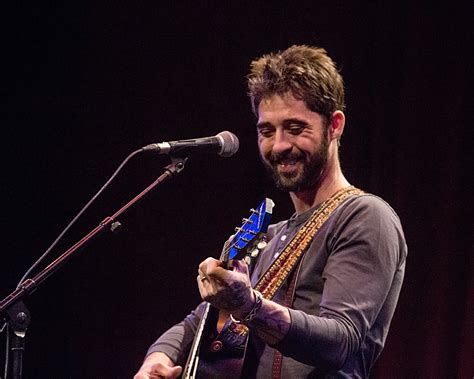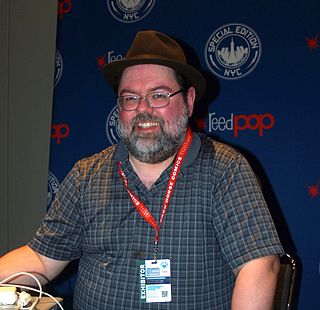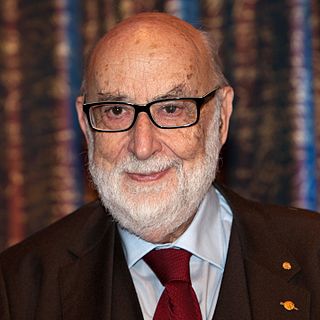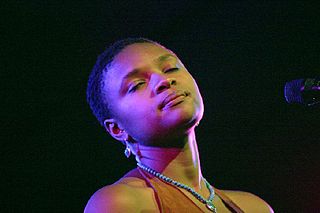A Quote by Claire Messud
Girls, in particular, use storytelling to establish hierarchies, a pecking order. There is a sort of jockeying of who is in charge of shared history.
Quote Topics
Related Quotes
I think it's very important to remember that so much of the work that gets done between countries is not done at the level of presidents, but is done within various agencies, whether it's law enforcement or economic ministries. And when they establish relationships and systems of communications and shared projects and shared visions, those structures continue even after any particular president is gone. It builds trust and understanding between countries that are critically important.
When the Reformation became established, one of the things that was a question between Catholicism and the Reformation traditions was whether there was a hierarchy of being. If you look at Thomas Aquinas, for example, you have hierarchies of angels and all the rest of it, and hierarchies even of saints and then subsaints - people who aren't quite there, that sort of thing. The Reformation rejected all of that and created a new metaphysics, in effect, that is not hierarchical.
Life, in a body whose order and state of affairs can make it manifest, is assuredly, as I have said, a real power that gives rise to numerous phenomena. This power has, however, neither goal nor intention. It can do only what it does; it is only a set of acting causes, not a particular being. I was the first to establish this truth at a time when life was still thought to be a principle, an archeia, a being of some sort.







































